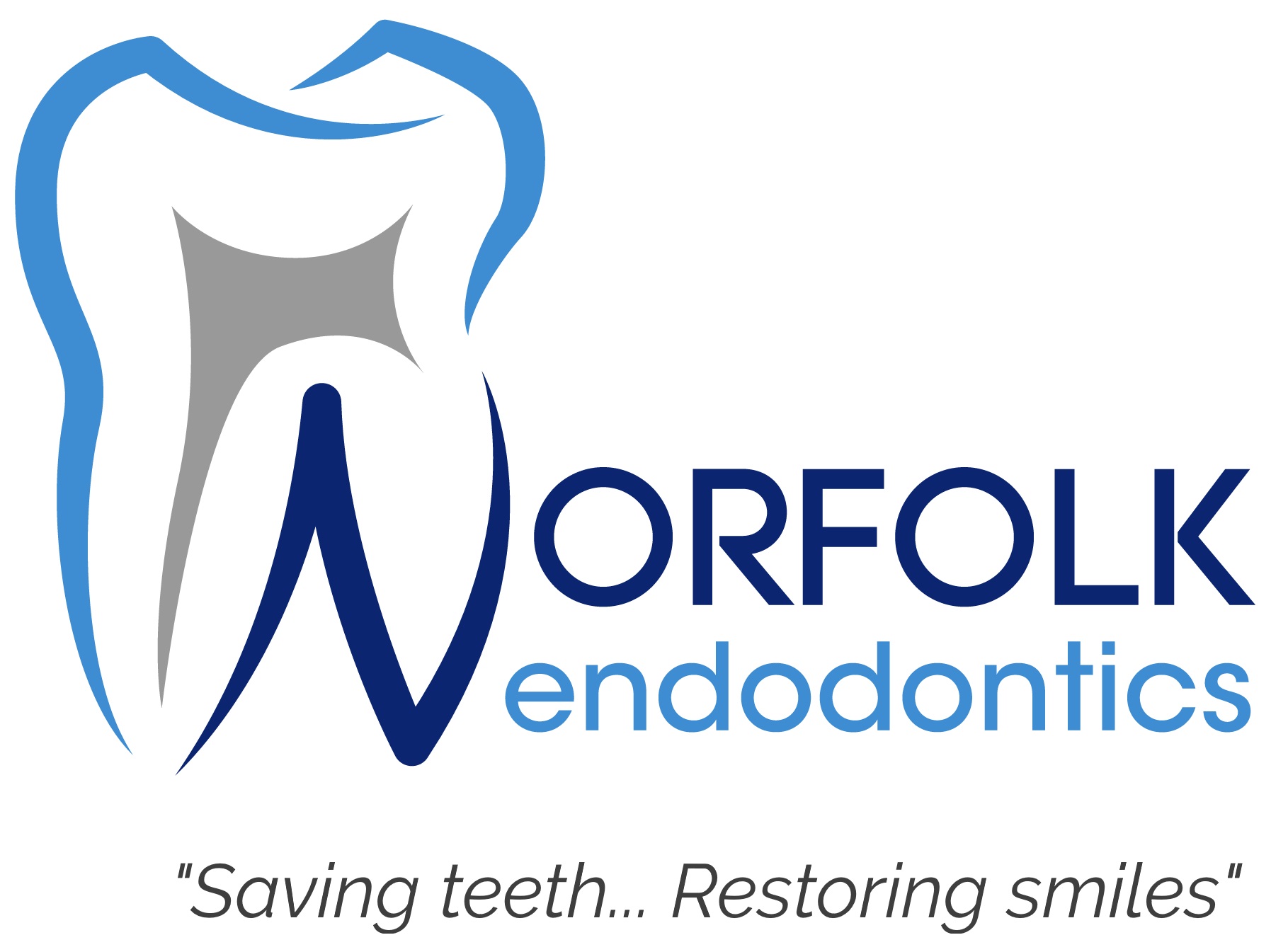What is endodontic therapy?
Commonly known as root canal treatment it is the process by which we clean and disinfect the internal structures of a tooth to rid them of any infection causing bacteria. The process is completed by filling the inside of the roots to prevent any further bacteria entering the canals.
Why should I see a specialist endodontist?
Specialist endodontists have had multiple years of additional training following their dental qualification. This means they are highly skilled and experienced in diagnosing and managing problems of an endodontic origin.
Most of the time they restrict their practice to endodontics, which results in a vast experience and familiarity in treating root canals. This often makes the process swifter and more predictable with increased comfort for the patient and reduced treatment times.
What are the alternatives to endodontic therapy?
Often the only alternative to endodontic therapy is the extraction of the tooth. Depending on which tooth it is, having it replaced may be more or less indicated and the replacement options will include a denture, bridge or implant. These options can be either more expensive or less functional than saving your own tooth.
Is treatment always successful?
Root canal treatment can have a successful outcome in over 90% of cases. This is often dependent on the state of the tooth prior to treatment. An estimate of the chances of success will be discussed with you at the consultation stage.
What to expect at a consultation appointment?
At the initial consultation we will firstly ask about the history of the symptoms you are experiencing from your perspective.
We will then examine your jaw joint and facial muscles for any tenderness or other symptoms. We will look at the general condition of your mouth and gums before carrying out a full assessment of the tooth you have been referred for. This will include radiographs and other special tests to help us determine the status of the tooth. At the end of the consultation you will be made aware of your dental problem and a discussion will follow to decide which approach best meets your needs.
What to expect at a treatment appointment?
Following successful local anaesthesia we will place a rubber dam around the tooth. This is a sheet of rubber which isolates the tooth to be treated from the rest of your mouth. It is a fundamental requirement for root canal treatment as it not only prevents bacteria from entering the tooth but it also prevents any of the disinfecting solutions we use to drip into your mouth.
An access cavity will be created in the tooth to reach the root canals and these will subsequently be cleaned and shaped accordingly with special instruments. Once the canals are sufficiently cleaned they will be filled with a dedicated material and a core restoration will be placed. Two to three radiographs will be required during root canal treatment.
How many visits are required?
Modern techniques often allow us to complete the treatment in one visit and wherever possible this will be our preferred approach. There are many benefits to this approach: less time in the chair, fewer injections and less time off work. However, the main clinical advantages are: eliminating the risk of a temporary filling being lost, eliminating the risk of bacteria leaking in the canals between visits and the ability to place a definitive restoration more quickly which can help prevent a fracture of the tooth. Every case is different and every case needs to be assessed in their own right to decide which biological approach is likely to achieve the best outcome. The initial condition of the tooth (amount of infection, calcified canals or previous attempts at treatment) will dictate whether we choose a single or multi visit strategy. This will be discussed with you at the time of consultation.
How long does the procedure take?
Depending on how many visits are required for the treatment, appointment times will vary between 60, 90 and 120 minutes.
Is the procedure painful?
Before treatment begins we will use local anaesthetic to completely numb the tooth and area to be treated. You should not experience any pain during treatment. Once the anaesthetic wears off it is normal to have some mild discomfort to the area. This is usually managed successfully with over the counter painkillers. A detailed aftercare information leaflet will be provided at the end of the appointment.
What happens after root canal treatment?
Following completion of root canal treatment the tooth will often require a restoration. This is usually in the form of a crown (especially for back teeth) and will be provided by your dentist. We will send your dentist a full report of the treatment carried out as well as any advice needed to restore the tooth. We will often ask you to return to us 6-12 months later for a review appointment and radiograph to check healing.
Review appointments are important and will not incur any additional charges.

